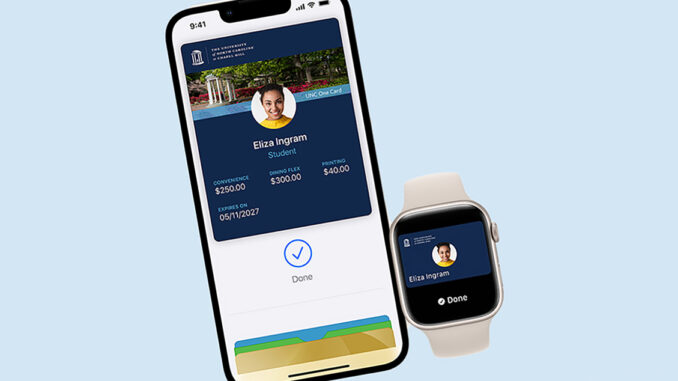
RALEIGH — The North Carolina State Board of Elections approved the Justice For All Party to be certified at its Aug. 20 meeting following an Aug. 12 federal court ruling ordering the agency to do so.
There was no board discussion on the order to certify the Justice For All Party (JFA), with board member Siobahn Millen proposing a motion to approve JFA because “our hand is forced because of the federal court.” Member Jeff Carmon reluctantly seconded the motion after several moments of silence and the motion was unanimously approved.
For months, the North Carolina State Board of Elections (NCSBE) had refused to certify JFA, which has Cornel West as its presidential candidate.
The NCSBE had also initially refused to certify the We The People Party (WTP), associated with Robert F. Kennedy Jr. as its presidential candidate, but eventually certified the party in early August.
The North Carolina Democratic Party then sued to remove WTP, but Wake County Superior Court Judge Keith Gregory ruled in favor of WTP, stating in his bench ruling, “It would be unconscionable for this court to attempt to tell a candidate who has decided to use one of two methods that the method that he used was a subterfuge, when in fact, if it is or it isn’t, he still complied with the requirements.”
Kennedy has since suspended his campaign and officially endorsed former President Donald Trump at a rally in Arizona on Aug. 23. Kennedy said he will remove his name from the ballot in battleground states. To withdraw in North Carolina, Kennedy would have to submit a written request to the NCSBE before Sept. 6, the day absentee ballots begin going out.
In response to questions from North State Journal about Kennedy potentially asking for removal from the NC ballot, NCSBE Communications Director Patrick Gannon said the board would “have to consider whether it is practical to remove his name from ballots and reprint ballots at that time.”
The NCSBE has since received a request from Kennedy’s party and the board has called an emergency meeting for 11:30 a.m. on Aug. 29 to discuss the matter. After debate, the request was denied and lawyers for Kennedy’s party have filed a lawsuit.
Earlier in the meeting, there was debate over the ”Mobile UNC One Card“ as an acceptable form of photo ID for voting in the 2024 general election. Board member Stacy “Four” Eggers, one of two Republicans on the board, expressed concerns that this was a mobile ID as opposed to a card.
“We simply don’t have the statutory authority for a mobile app to take the place of the identification cards,” said Eggers.
Eggers was critical of the lack of ability to photocopy the ID and that it could be digitally altered or be “passed as a digital screenshot” from one person to another. He cited memo 20203-3, which states that a photo on a mobile device is not an acceptable form of ID and raised concerns over technical issues in poll workers handling someone else’s phone.
NCSBE Executive Director Karen Brinson Bell said there have been requests by other colleges in the state that use digital IDs, but those IDs were not brought before the board because they “lacked an expiration date.”
Brinson Bell said UNC’s digital ID was different because it does display an expiration date. She also said the mobile app had “met the criteria” for an acceptable ID. Eggers pushed back, saying, “That is if you see this as an identification card and not a mobile app, that’s the crux.” Eggers said he wasn’t debating expiration date requirements but rather “is this an identification card.”
“Mr. Eggers raises a technical statutory interpretation question,” Chair Alan Hirsch said. “My own view is that there is certainly enough flexibility within the statute for us to approve a digital card as a card. I think that’s the way of the world. … I think everyone of a certain younger generation than we are lives by that and they don’t carry cards.”
Hirsch used the example of digital board passes for a plane. Eggers responded that the ID for getting on a plane has to be a physical form.
Board member Kevin Lewis, the other Republican on the board, also said use of a digital ID went against state statute, asking Hirsch to “point out all this flexibility in the statute because I don’t see it.” Hirsch responded by moving the meeting along, asking for any other comments on the matter.
Following debate on the topic, the board voted to approve the Mobile UNC One Card with all three Democrat members voting to approve and the two Republican members voting against.
The NCGOP pushed back on the approval in a post on X, saying the NCSBE is “playing more games with Election Integrity.”
“Permitting a ‘Digital ID’ on its face VIOLATES Voter ID requirements, especially when many other options are readily available & funded by State Law,” the NCGOP wrote. “Rest assured — we won’t stand for it.”



